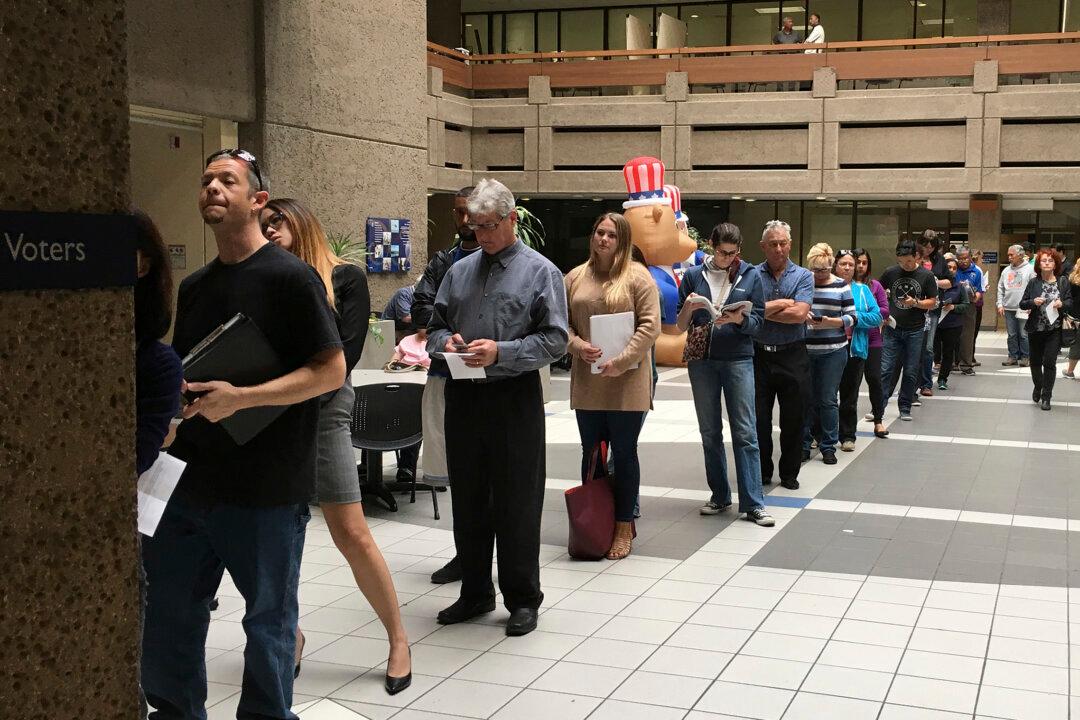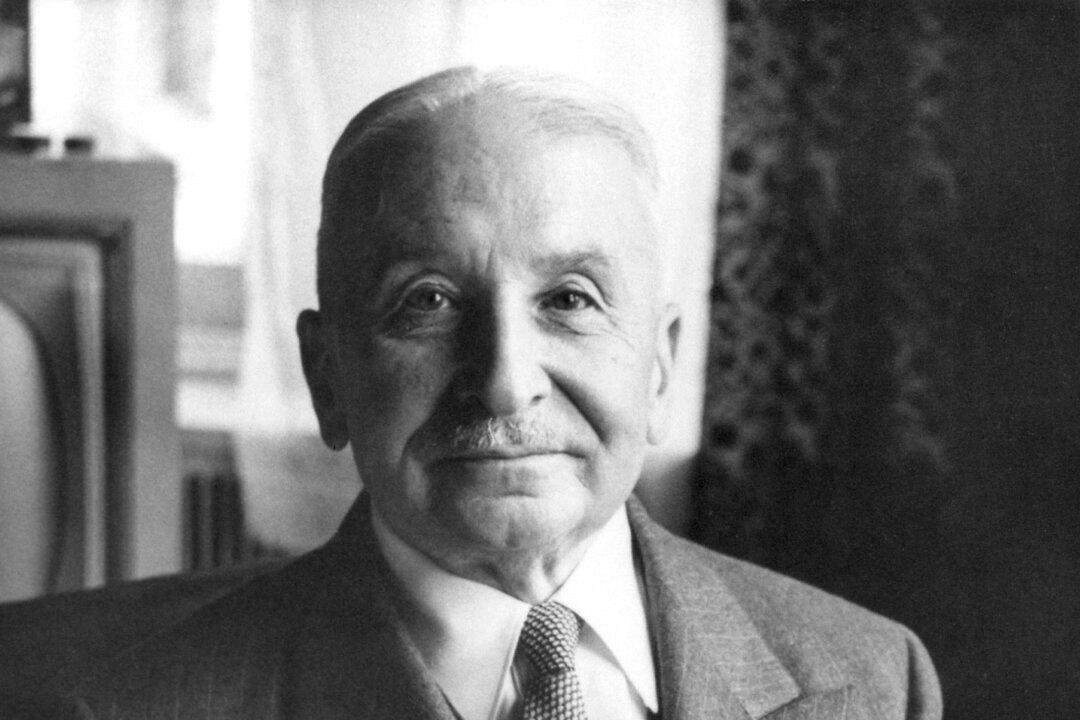A nonpartisan group has reported that there are still several counties in California where the number of registered voters is greater than the number of eligible citizens, with the total nearing 1 million people.
The Election Integrity Project California (EIPCa) stated in a release on July 8 (pdf) that if voter problems are not promptly addressed by state officials, fraudulent election activities may continue to haunt the state.




